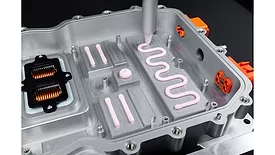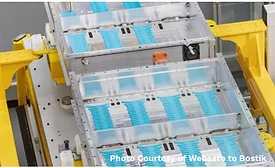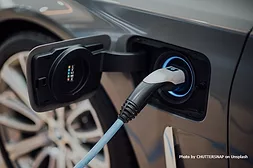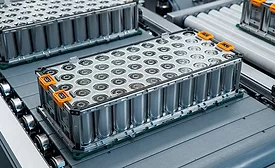Home » Keywords: » electric vehicles
Items Tagged with 'electric vehicles'
ARTICLES
Demand Grows for Additives in EV Adhesives and Sealants as Consumers Go Electric
A recent study reports that in 2022, the global additives market for EV adhesives and sealants reached a value of $91.4 million.
February 23, 2024
Keep the info flowing with our newsletters!
Get the latest industry updates tailored your way.
JOIN TODAY!Copyright ©2026. All Rights Reserved BNP Media.
Design, CMS, Hosting & Web Development :: ePublishing







.webp?height=168&t=1706820052&width=275)

